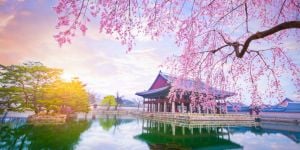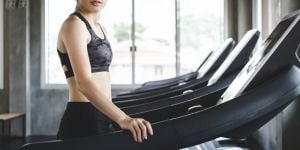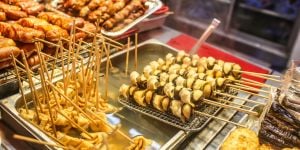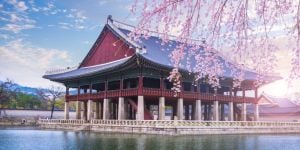Tea shops in Seoul (recommendations please)
Subscribe to the topic
Post new topic
Articles to help you in your expat project in Seoul
 Top 10 unusual things in Seoul
Top 10 unusual things in SeoulCafe spa. There are a variety of places to go for this, but the one I know and can recommend is in
 Seoul: 12 Things to do in 24 hours
Seoul: 12 Things to do in 24 hoursPeople while taking short trips have different priorities of what/where/how to cover a whole city. When it comes ...
 Things to do in Seoul alone, with your partner or with your family
Things to do in Seoul alone, with your partner or with your familySeoul life is lived outside, with cafes and restaurants proving popular throughout the day and night both during ...
 Things to do on weekdays in Seoul
Things to do on weekdays in SeoulSeoul is a city that never sleeps - you will find activities to entertain you at any time of the day or night, ...
 Sports in Seoul
Sports in SeoulA modern city, Seoul has all the sports activities you might find elsewhere in the world - with the caveat that ...
 Gastronomy in Seoul
Gastronomy in SeoulSouth Korea has a cuisine all its own; one now recognised around the world not only for its rich flavours but also ...
 Leisure activities in South Korea
Leisure activities in South KoreaWhen you are living in South Korea, you can enjoy a wide range of leisure activities in your free time. There are ...
 Sports in South Korea
Sports in South KoreaAnimated by a great team spirit, South Koreans regularly participate in sports tournaments and contests of ...



